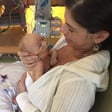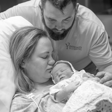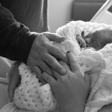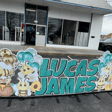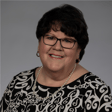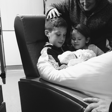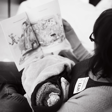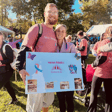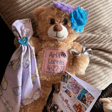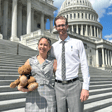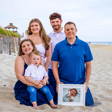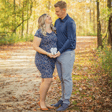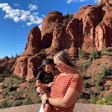
Rob Reider - SAD DADS CLUB
Join us as we speak with Rob Reider, Co-Founder and Exec. Director of the Sad Dads Club.
Rob and his wife Tehliah lost their daughter Lila to stillbirth in December of 2017. Through his grief, Rob co-founded SAD DADS CLUB alongside Jay (Bella’s dad) and Chris (Izzy’s dad) to create a space where fathers can connect and support one another through pregnancy and infant loss.
This growing community fosters a safe space for men to be vulnerable, expressive, and supportive of one another. SAD DADS CLUB is on a mission to redefine masculinity, showing that true strength lies in emotional openness and healthy expression. By nurturing a strong support system and providing access to mental health resources, SAD DADS CLUB helps bereaved fathers navigate life after loss.
Thank you Rob for sharing your story and we know you and your dads will help so many others!
-----
